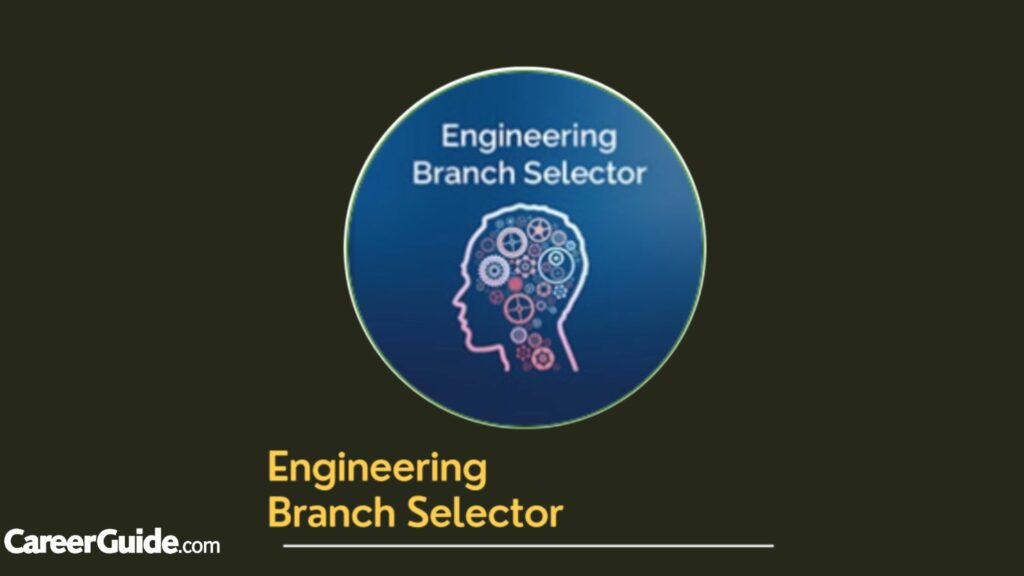Employers frequently use psychometric personality tests as part of their hiring process to determine whether a candidate will be a good match for the job and the company. Psychometric tests are made up of a series of questions that delve into an individual’s working habits and preferences. These questions usually consist of statements with which you must indicate your level of agreement or disagreement (on a numbered scale). These tests can be intimidating because they are not based on aptitude. However, you can still prepare for the test to make a good first impression. Here are the tips for passing the psychometric personality test:
A personality profile is created as a result of the test. Employers use this profile to determine whether a candidate’s personality attributes will convert into good work performance.
When taking a psychometric test, it’s critical to answer all of the questions honestly so that the results represent your true personality features. It’s not a good idea to try to forecast which responses your prospective employer will prefer, as this will lead to overthinking and a muddled personality profile. However, you should think about professional skill standards and make sure that your responses represent a solid work ethic. Employers are more interested in how you will perform in their work environment than how you conduct yourself in personal or social situations, so approach the questions from that perspective.
Pay close attention to the directions
Take the time to read all of the information offered before beginning the test. According to the publisher, psychometric personality tests can differ in structure and question style, so don’t think you know the format of the test just because you took a practice assessment. It’s a good idea to double-check how responses should be recorded and whether more than one response is required — some questions may demand a rating on a scale or that you select all applicable alternatives, while others may be multiple choice. Check to see if the exam is timed. While personality tests rarely have a time limit, if your reaction time is being tracked, be aware and take the exam at a deliberate pace.
As you continue, keep the job role in mind
Consider the traits and behaviours required to succeed in the role for which you are applying while you prepare for the test. It could be useful to make a list of them. Look for this information online and review the key points. Make sure you’re reflecting the traits and values you’ve highlighted when taking the psychometric test. Take a minute to analyze whether your answer corresponds to the strengths required for the role before submitting it. If it doesn’t, go back over your choices and see if there’s a more accurate or acceptable one.
Keep your responses constant
The findings of your personality test must produce a logical and consistent personality profile. Some exams ask clones of the same questions to ensure that the answers to certain essential qualities are correct and truthful. You want to make it clear that you are well-balanced and qualified for the job. Providing conflicting responses as a result of question fatigue or a lack of interest will leave a negative impression on your personality, so be cautious when answering the questions. Check that each new answer matches the ones you’ve already logged.
Take your time
Psychometric Personality tests, unlike other types of psychometric tests, usually have no time limit for completion. This means that rushing through the test to get a fast time is pointless. Rushing the exam, on the other hand, is likely to be counterproductive because correct and consistent responses are essential for a robust personality profile. Read each question and response option carefully before selecting the one that best represents you and corresponds to the requirements of the available position. Don’t spend too much time on each answer; instead, keep a steady, deliberate pace. An employer may interpret an unusually long completion time as indecisiveness.
When taking the test, consider how each of your responses makes you feel and choose options that reflect the presence of the attributes you’re looking for. Being agreeable, diligent, dependable, innovative, curious, determined, optimistic, and responsible are just a few examples (to name just a few). Employers will want to recruit someone who possesses the requisite skills for the job while also appearing polite and pleasant. Exaggerating favourable features, on the other hand, will be noted in your personality profile, undermining its validity. Also, be cautious of the negative implications of owning a trait excessively (e.g., assertiveness or perfectionism).
At CareerGuide, we provide a variety of psychometric tests that evaluate you based on your talents, interests, and aptitude and present you with an accurate report to assist you in selecting the best professional possibilities, such as doctor, singer, and cricketer. Among the examinations provided are the Ideal Career Test, Professional Skill Index Test, Engineering Branch Selector Test, Commerce Career Selector Test, Humanities Career Selector Test, and others.
HUMANITIES CAREER SELECTOR TEST
Humanities Career Selector Tests are assessments designed to help individuals explore career options within the field of humanities. The field of humanities encompasses a wide range of disciplines, including history, literature, philosophy, language, and the arts. These tests are designed to assess an individual’s interests, skills, values, and personality, and provide insights into careers that align with those factors.
It’s important to note that while these tests can provide valuable insights into career options within the field of humanities, they should not be used as the sole basis for making career decisions. They should be used in conjunction with other research, such as informational interviews, hands-on experience, and online resources. Additionally, it’s important to keep in mind that everyone is unique and these tests are just one aspect of the career exploration process.
Engineering Branch Career
An engineering branch selector is a tool or assessment designed to help individuals identify the most suitable engineering discipline for their skills, interests, and career goals. These tools typically involve a set of questions that assess the individual’s aptitude and preferences for different areas of engineering, such as mechanical, electrical, or civil engineering. Some popular engineering branch selectors include the Engineering Branch Selector Test (EBST), the STEM Premier Career Selector, and the my majors Career Assessment. These tools can be a helpful starting point for individuals who are considering a career in engineering, but it’s important to remember that no single assessment can perfectly predict an individual’s success or satisfaction in a particular field. It’s also important to conduct additional research and explore different engineering disciplines before making a final decision.













